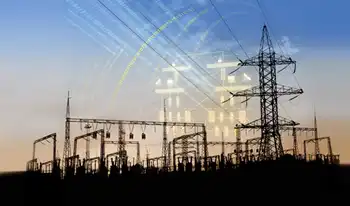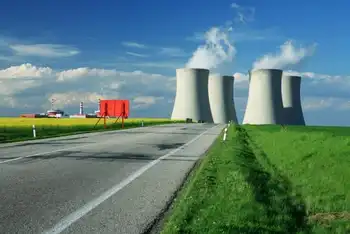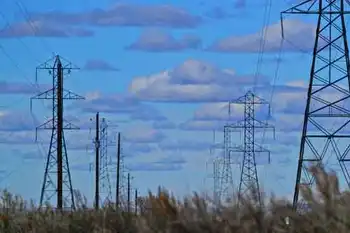SaskPower finishes repairs after severe storms
- SaskPower, the energy provider in Saskatchewan, recently announced that their customers in the Prince Albert area can look forward to a more secure power supply for the winter months thanks to some recent repairs to local power infrastructure.
Severe storm damage to SaskPowerÂ’s transmission and distribution system in June 2012 resulted in significant damage to six of SaskPowerÂ’s lattice towers, located southeast of Prince Albert.
In order to restore service to customers and reinforce the electrical system, SaskPower crews energized a power line that had not been used for several years, and also constructed a temporary bypass, which allowed for repairs to the permanent line.
Thanks to the diligent work of SaskPower employees and contractor crews, these repairs and construction of nine new towers are now complete, one month ahead of schedule.
SaskPower has completed maintenance work on the back-up power line, and has also conducted a comprehensive review of its emergency plans. It is expected that these improvements will allow the company to respond more effectively in future outage situations.
SaskPower maintains and operates more than 152,000 kilometers of power lines in Saskatchewan. With a rapidly developing economy and the second largest service area in Canada, building, renewing and replacing transmission and distribution infrastructure is a corporate priority.
Related News

N.S. abandons Atlantic Loop, will increase wind and solar energy projects
HALIFAX - Nova Scotia is abandoning the proposed Atlantic Loop in its plan to decarbonize its electrical grid by 2030, Natural Resources and Renewables Minister Tory Rushton has announced.
The province unveiled its clean power plan calling for 30 per cent more wind power and five per cent more solar energy in its power grid. Nova Scotia's plan relies on continued imports of hydroelectricity from the Muskrat Falls project in Labrador via the Emera-owned Maritime Link.
Right now Nova Scotia generates 60 per cent of its electricity by burning fossil fuels, mostly coal. Nova Scotia Power must close its coal plants by…




